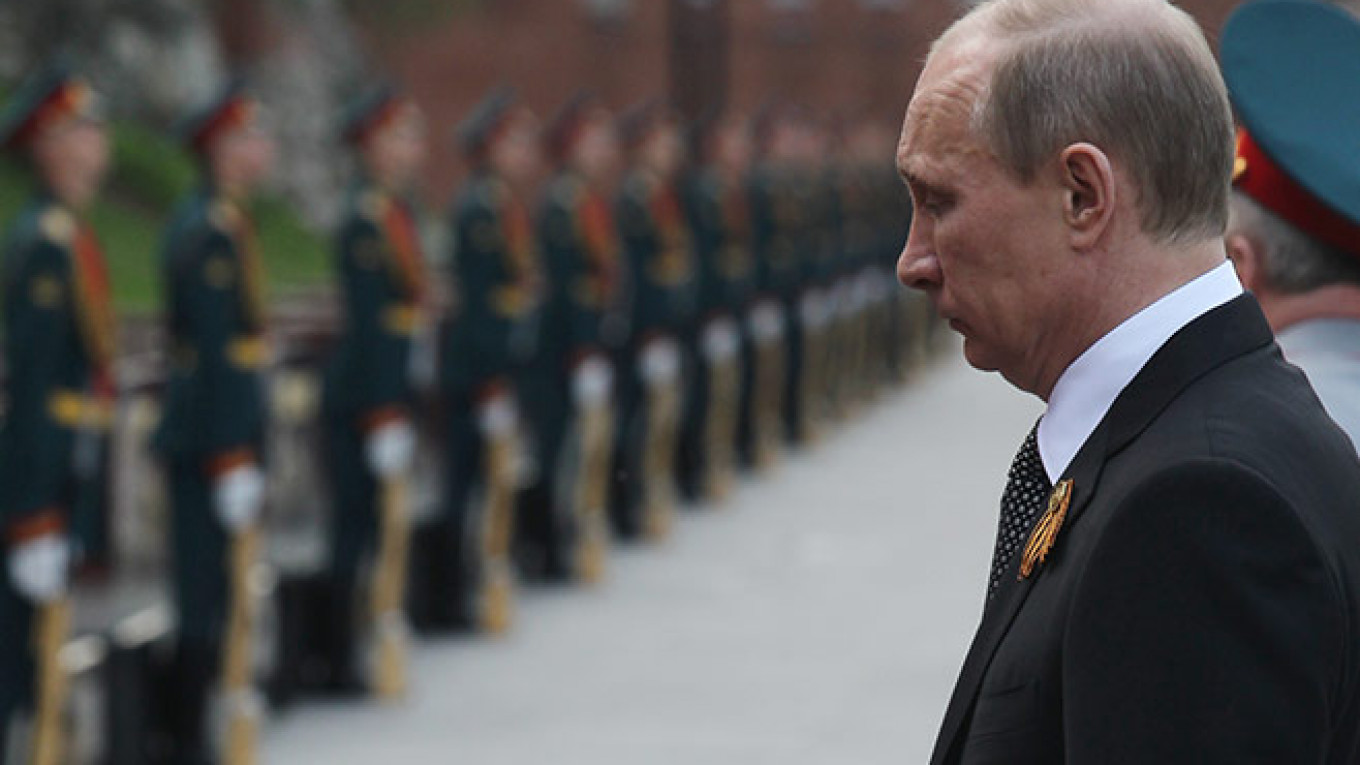A large-scale reform of Russia's law enforcement agencies was recently announced by President Vladimir Putin. A National Guard will be created to take over many of the existing duties of the special police forces. The new force will be headed by Viktor Zolotov, a man who has been by Putin's side since the 1990s.
“The National Guard is not just another law enforcement agency. This is another army, with the right to conduct military operations on the territory of the country and against the country's citizens,” sociologist Ella Paneyakh? wrote? on LiveJournal.
Paneyakh also noted that according to the bill introduced by the president to the State Duma, members of the new force will have enormous power.
?€?It looks like they can seize anyone and keep them as long as they want, wherever they want, until they are handed over to the police or a court,?€? Paneyakh wrote.
Paneyakh believes that the National Guard will feel freer than the police in terms of using force and firearms. She also pointed out that the members of National Guard are not obligated to introduce themselves.
Political analyst Gleb Pavlovsky believes one of the objectives of the creation of the National Guard is symbolic.
?€?No special tasks have been assigned [to the new force]. It is a demonstration [of power]. All our institutions have an element of that,?€? Pavlovsky said.
He also noted that Putin needs the National Guard to counter the power of Chechen leader Ramzan Kadyrov.
The fact that former bodyguard Viktor Zolotov has been appointed head of the new force means that he will become ?€?a continuation of Putin himself,?€?? writes? Tatiana Stanovaya, director of the analytical department of the Center of Political Technologies in Moscow.
?€?The unnecessary link — that of a minister ?€” between the commander-in-chief and the head of the National Guard is removed,?€? she says.
?€?Whoever the minister is ?€” a brother, friend, classmate or judo coach ?€” his hand may tremble when you need him to execute an order. Zolotov is protected from those fluctuations as much as possible.?€?
?€?But what is particularly symbolic is that the former head of the security service of the president becomes the head of a kind of security service of the country.?€?
According to journalist Konstantin Gaaze, the creation of the National Guard and the strengthening of Zolotov has a certain logic: Putin has created a? counterbalance? not only to the Federal Security Forces, but also to the army itself and Defense Minister Sergei Shoigu.
Shoigu ?€” in power since the early Yeltsin era ?€” is historically alien to Putin and his entourage. For two decades Shoigu has been one of the country's most popular figures. In addition, he strengthened his image during the war in Ukraine and Syria. Putin cannot fully trust him.
?€?The creation of the National Guard is a way to solve the political problem of Shoigu,?€? Gaaze writes. ?€?The newly established National Guard is the president's army in the literal sense of the word. An army, which can be used without intermediaries in the form of a defense minister and without the constitutional rules on the use of the Armed Forces.?€?
However, the main target of the National Guard is likely to be civil society in Russia.
?€?The appearance of a superpower agency can be considered as the official recognition of the significance of a new threat ?€” the threat of the internal enemy,?€? journalists Maria Zheleznova and Andrei Sinitsyn? wrote? for the Vedomosti newspaper.
A Message from The Moscow Times:
Dear readers,
We are facing unprecedented challenges. Russia's Prosecutor General's Office has designated The Moscow Times as an "undesirable" organization, criminalizing our work and putting our staff at risk of prosecution. This follows our earlier unjust labeling as a "foreign agent."
These actions are direct attempts to silence independent journalism in Russia. The authorities claim our work "discredits the decisions of the Russian leadership." We see things differently: we strive to provide accurate, unbiased reporting on Russia.
We, the journalists of The Moscow Times, refuse to be silenced. But to continue our work, we need your help.
Your support, no matter how small, makes a world of difference. If you can, please support us monthly starting from just $2. It's quick to set up, and every contribution makes a significant impact.
By supporting The Moscow Times, you're defending open, independent journalism in the face of repression. Thank you for standing with us.
Remind me later.


